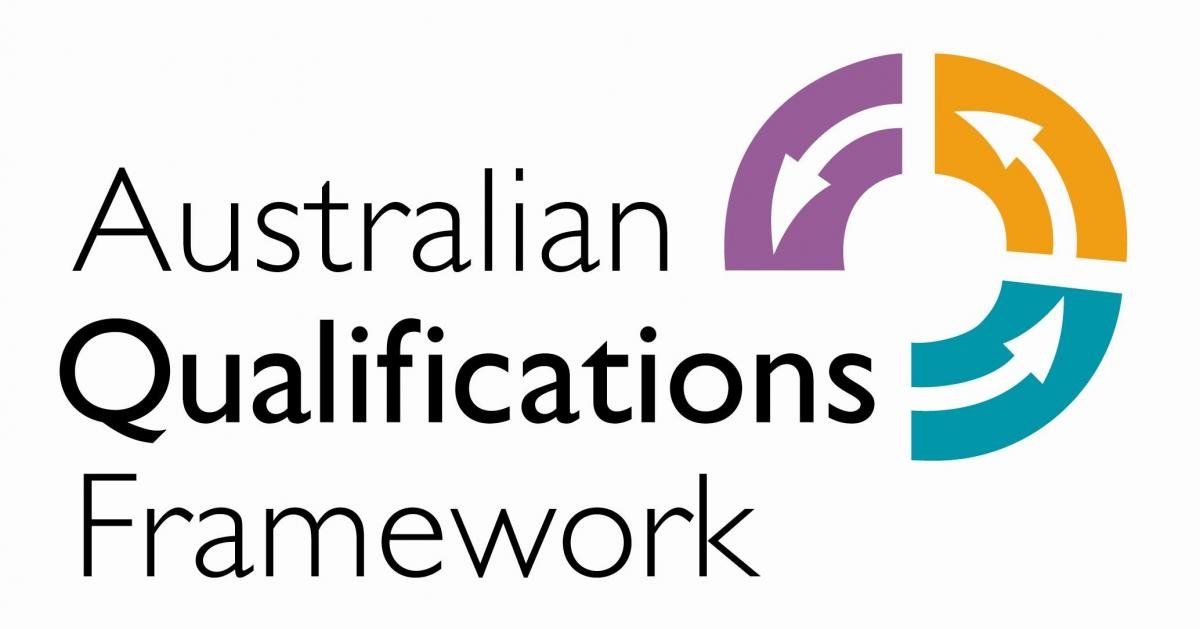Are you having difficulty completing your childcare qualifications?
Dr Mary Anne Hall • March 28, 2018
EPEC Education is a value-add online training organisation, which means its students get lots of additional help in getting across the line. EPEC students say that our student support is first class, and we believe this is why our students have an excellent progress rate. Here are five ways EPEC Education provides its students with the inside rail in getting their qualifications faster.
Specific help with individual questions
Let’s face it, there will be times when you are stuck on a question and can’t move forward. No problem, reach out to your EPEC trainer and they will help you answer your question. Your trainer is contactable by phone, email or your study group page.
Weekly small group Webinars tailored to specific course units
Every Wednesday night EPEC Education conducts real time Webinars that tackle a range of Units such as: Provide Care for Children; Ensure the Health and Safety of Children; and Embed Sustainable Practice. Each session also provides a forum for you to ask specific questions relevant to your unit. From the comfort of your lounge room, you can complete assessment questions with your trainer in real time.
Non-compulsory free study skills units
On enrolment, all EPEC students receive free study skill units that are non-compulsory. This means that if you need the extra study advice it’s there - if you don’t need it that’s fine too! The point is, everything you need is there, and at no extra charge.
Awesome trainers
EPEC trainers really are a special bunch. They have also studied and worked in the childcare industry, and importantly, done this while juggling work and home life commitments. EPEC trainers WANT YOU TO SUCCEED, and they will do everything they can to get you over the line. Do you need recognition of prior work experience in the industry? No problem, your EPEC trainer may be able to swing some unit credits for you – just to make your journey a little easier!
Assessment Accountability
This is your education we’re talking about, so it's vital you stay the course! In fact, we’d say it’s so important that it’s worth getting accountability to stop procrastinating. If you’re trying to find some motivation, but you never let someone else know about it, you’re missing out on a major motivator: your trainer. Your trainer is happy to work with you to set some study goals and check in as regularly as you require, just to give you that little push if you need it. Don’t worry, we won’t pester you, but you’d be surprised how being accountable to someone can really fast track your study progress.
Check out our Instagram @epeceducation for the latest EPEC news and student stories!
If you are interested in a career in childcare give us a call or drop us a line. 0746 16 8111
| hello@epeceducation.com.au
| www.epeceducation.com.au

There are now over one million children in Australia going through a family breakdown. This almost always causes stress for children, with over 25% of children experiencing long term trauma as a result. Reduced access to once familiar extended family, the introduction of stepparents and step siblings, and the reduced presence of once consistent parents, can all contribute to children feeling fearful and uncertain. This week, Dr Mary Anne Hall from EPEC Education, provides five ways teachers and carers can assist children in transition while they are at school and at day care.

Supervising children adequately is the most important skill an early childhood educator can have. While having the ability to provide children with a safe and secure environment may seem like an easy task, there are over 1000 cases annually, whereby Australian children are seriously hurt in the early childhood setting. These accidents range from fingers being jammed in doors; dislocation and broken bones; choking; scalds and burns; to children having adverse allergic reactions. These accidents can and do, have dire consequences. This week, Dr Mary Anne Hall from EPEC Education, highlights five factors that should be considered when supervising children.




